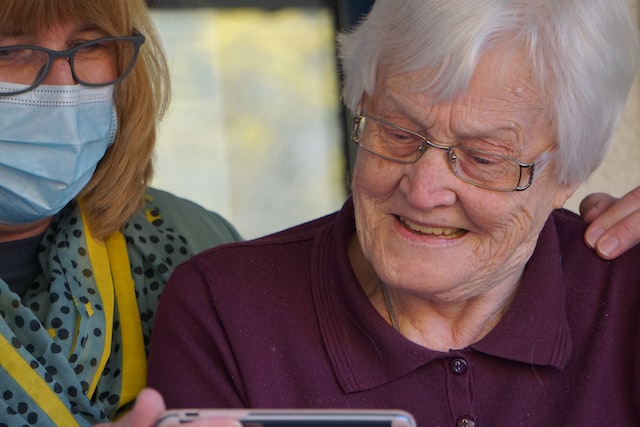There are many things to consider when planning to care for someone with Alzheimer’s at home. You will want to think about their overall health, their lifestyle, what kind of respite and hospice care they need, and what activities you can organize for them to do.
Accepting The Diagnosis
The diagnosis of Alzheimer’s disease can be life-changing for both the person and the caregiver. It can bring up strong emotions, such as denial, frustration, sadness, confusion, and hopelessness. According to experts in in home Alzheimer care San Diego, CA, it is important for both the patient and the caregiver to allow time to accept the diagnosis. Taking steps to accept the diagnosis is necessary to help the person living with dementia and to ensure that caregiving is done appropriately. One way to encourage your loved one to accept the diagnosis is to involve them in the process. This will help them feel involved and engage in meaningful activities.
Lifestyle Changes Can Slow The Progression.
If you’re worried about developing Alzheimer’s disease, you may want to try a few lifestyle changes. Those changes can reduce your risk of developing the condition and slow its progression.
Studies have found that people who exercise regularly are less likely to develop dementia. Physical activity can also improve memory in late-stage Alzheimer’s patients. Keeping a healthy weight, avoiding alcohol and smoking, and eating a nutritious diet can help. These lifestyle changes have many benefits and are a great way to help your body stay strong. A study involving nearly 3,000 research participants found that lifestyle factors are linked to a lower risk of dementia. Researchers found that people who adopted two to three healthy lifestyle habits had a 37% lower risk of developing Alzheimer’s.
Activities For People With Alzheimer’s
Many activities for people with Alzheimer’s at home can help keep them active, stimulate their minds, and create new memories. Some of these activities may be simple, while others are more complicated. You’ll need to decide what works best for your loved one. Keeping your senior loved ones active is a great way to help them slow down the progression of their memory loss. Taking them out of the house for an activity can be a great way to spend time with them while allowing them to have fun.
Respite Care
Respite care can be an important service for a family member suffering from Alzheimer’s. It allows the primary caregiver to take a break, which can help prevent burnout. Getting respite care can be a difficult process. There are many factors to consider. However, planning can help ensure that you get the right respite and that your loved one gets the support he or she needs. The first step is to identify your care needs. For example, do you need someone to prepare meals? Is your loved one unable to attend to daily tasks without assistance? Choosing the right type of respite can help make the transition easier. You should start with short breaks and work up to longer periods. This will allow your loved one to adjust to the new caretaker.
Hospice Care
When a loved one has Alzheimer’s, caregiving can be difficult. It takes away the patient’s independence and the ability to live a normal life. This can cause mental stress, depression and burnout. Hospice care can help a family cope with these challenges. Hospice care for Alzheimer’s is a specialized form of medical care. The focus is on comfort for the patient. These services are available at home or in a nursing home. They may also offer respite care for the caregiver. Patients with Alzheimer’s will typically require 24-hour care. They may not be able to eat, walk or bathe. In addition, they will be vulnerable to infections. Hospice services include emotional support, spiritual counseling, and symptom control. They also offer pain control. A hospice plan addresses every aspect of the patient’s life.

